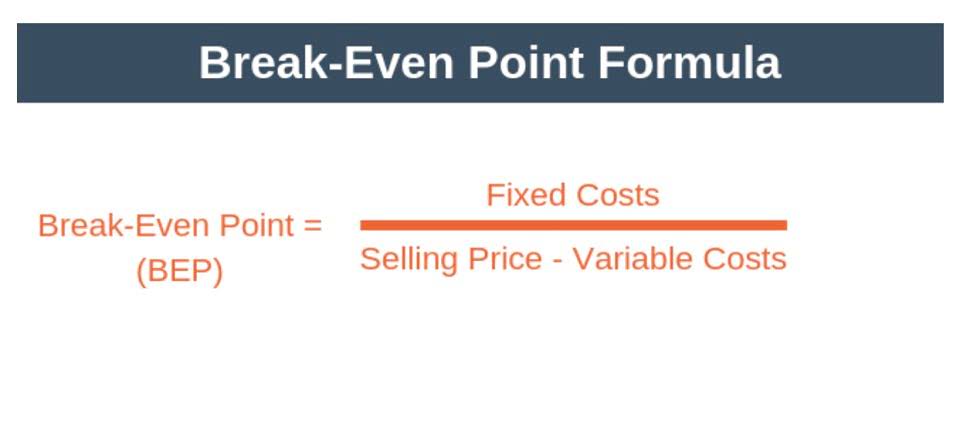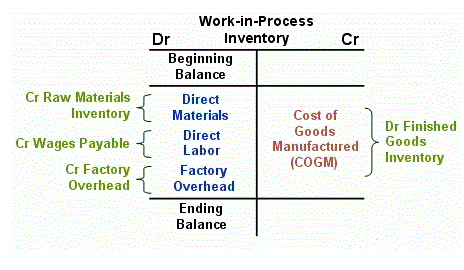
In addition to these aspects of GAAP that health care accountants follow, there are numerous healthcare-specific concepts that apply as well. Health care providers are major users of IT infrastructure, capital equipment, and commercial buildings, all of which depreciate over time. As with depreciation accounting in other sectors, this process involves calculating the cost of the asset in question as well as its useful life. Details in these reports may include cash flows, balance sheets, statements of operations, and changes in net assets. Tax-exempt hospitals are also required to itemize uncompensated community care benefits such as charity care.

Request a Free 30-minute Consultation With One of Our Physician Accounting & Bookkeeping Specialists!
Practices planning to expand or transition into a larger entity may choose accrual accounting as it aligns better with more complex business structures. Make sure you have a separate business bank account and business credit card for the practice, and keep all business and personal expenses separate. Bench simplifies your small business accounting by combining intuitive software that automates the busywork with real, professional human support.
Selection Criteria For Choosing Medical Accounting Software
- When you started your medical practice, you likely took on far more responsibility than you imagined.
- Critically, it enables your practice to meet stringent healthcare regulations.
- To maintain compliance with healthcare regulations, it’s essential to accurately manage Medicare/Medicaid billing, medical coding, and financial reporting.
- Owning your own medical practice is an exciting prospect, but it comes with additional accounting responsibilities.
- In a care delivery situation, this model will build credits and debits into the system once a facility produces the means of generating a transaction, such as a bill for a hospital visit or prescription.
- The portion of revenue from each type of payer is critical to hospital profitability.
- Balancing the financial aspects of the practice with patient satisfaction requires transparent and patient-friendly billing practices.
Whether you’re an experienced physician or just starting, keeping your finances organized is crucial. Good accounting helps you track income, manage expenses, and make sound business decisions. Let’s dive into some essential tips for managing finances in a medical practice effectively. Financial health care accounting tracks the money flowing in and out of a health care organization.

Featured Articles on Healthcare Accounting
Medical billing deadlines vary across states, typically falling within a 30- to 90-day window from the date of service. Healthcare organizations should review state and payer guidelines to meet these deadlines accurately. Here are some other popular software solutions for a modern medical practice. The George Washington University’s online Healthcare MBA blends business and healthcare concepts in a rigorous and experiential program. The program provides traditional MBA core courses and specialized healthcare electives to help tailor the curriculum to your goals.
Health care accounting: A beginners guide
This integration enhances the efficiency and accuracy of financial operations. This process involves matching transactions recorded in your records to the information on your bank or credit card statement. If you see a charge for cotton swabs, for example, that you don’t recognize, or a payment for an outpatient procedure you didn’t expect, you can investigate and ensure it’s legitimate. So it’s no surprise that bookkeeping falls to the bottom of your to-do list. It’s important to hire a professional CPA or accountant when you need the help.
It has robust payroll functionality, and its ability to prepare and file taxes is a major advantage. QuickBooks can integrate with a variety of tools including Square for payment processing, PayPal for transactions, and TSheets for time tracking. Health care accounting is distinct from general accounting and other industry-specific accounting in that it focuses specifically on the financial management of health care organizations and entities.

Some of these expenditures could be operating expenses, which would go on the income statement, while others could be capital expenses that are reported on the balance sheet. So, while it may look like the practice generated some net income, that doesn’t necessary mean that you will see that profit in the bank account. Another item that most people forget to consider in healthcare accounting is the repayments of loans. This cash outflow is reflected on the balance sheet therefore it does not impact your income statement and bottom line, but it is money coming out of the business.


Businesses generally have to choose between the cash and accrual accounting methods. Neither is inherently superior, but the accrual basis is generally better suited to medical practices. As the healthcare landscape continues to change, so too must the strategies and methodologies in medical accounting, necessitating a proactive and informed approach to financial management. Accounting for medical practices is a multifaceted and evolving field, integral to the successful operation of healthcare facilities. Mastery of this discipline ensures the economic well-being of medical practice and supports the provision payroll of top-notch healthcare services. Consult with a healthcare financial advisor or accountant who understands the specific nuances of medical practice accounting.
- You successfully graduated medical school, finished your residency, passed your board exams – and now have your own practice.
- I have tested and selected the best options that will help you overcome these hurdles, and I’m confident that you’ll find them valuable in your quest for efficient financial management in the healthcare sector.
- The sheer complexity of medical practice accounting makes software essential for healthcare providers.
- This process not only ensures that your invoices get paid on time, but keeps a record of any recurring payment amounts, double payments, or overdue balances.
- This separation makes it easier to track income and expenses, file taxes accurately, and maintain a clear picture of your practice’s financial health.
Invest in software solutions that integrate your bookkeeping and billing workflows. That way, your practice can stay on top of billing, accounting for doctors office coding, AR management, claims, and payment collection. And at any time, you can see how all these factors contribute to the overall financial health of your practice. One of the reasons healthcare providers often struggle to run their practices’ accounting effectively is that business management is well outside their expertise. Fortunately, you can remedy that by investing in your own financial education.





Poster le commentaire